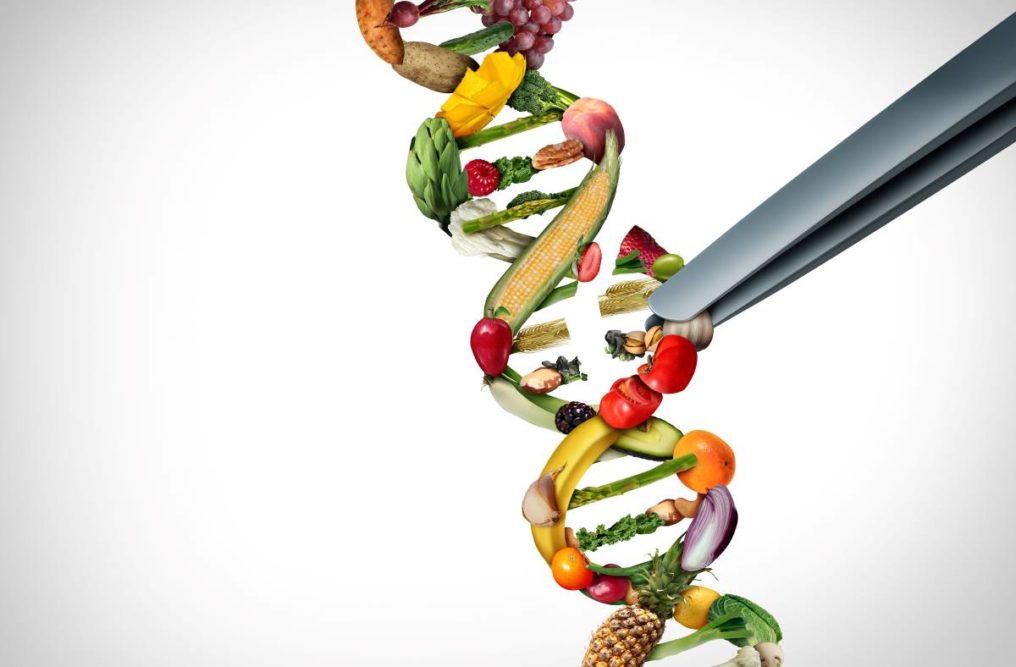AMES, IOWA — Consumers under age 30 and consumers with incomes above $125,000 a year are less likely to avoid gene-edited foods, meaning foods created through technologies such as CRISPR, according to a study involving researchers from North Carolina State University, Iowa State University and the US Army Corps of Engineers. Those who view science and technology positively, trust agricultural biotech companies, and possess a good understanding of gene editing technology also are less likely to avoid gene-edited foods.
Consumers more likely to avoid gene-edited foods include older consumers, consumers who are more religious, women and consumers who are more conservative politically. Consumers who have food beliefs, including ethical ones and wondering where food comes from, were more likely to say they avoid gene-edited foods, too, as were consumers who highly trust environmental organizations to monitor gene-edited food technology.
The study involved 2,000 US adults drawn from the YouGov’s National Omnibus Panel and appeared online June 1 in Frontiers in Food Science and Technology. The US Department of Agriculture’s National Institute of Food and Agriculture funded the study.
About 60% of women said they would be unwilling to eat gene-edited foods. About 40% of consumers over age 60 said they would avoid eating and buying gene-edited foods, which compared to 22% among millennials and Gen Z. Among consumers earning $40,000 to $45,000 annually, 25% said they would be willing to eat gene-edited foods, which compared to 42% for those earning between $125,000 and $149,000 and nearly 70% among those making over $250,000.
“This study highlights a need for better consumer-focused communication and offers a scientific baseline of current US public opinion regarding people’s willingness to eat, and purposeful avoidance of, GE foods,” the study’s authors concluded. “Moving forward, we expect that the US public’s willingness to eat and purposeful avoidance of gene edited food will change as they are engaged more readily on the developmental process and products in this area.”
The future of gene-edited foods (GEFs) will be related to the history of genetically modified organisms (GMOs), according to the study. Many non-governmental organizations and consumer advocacy groups regard GEFs as an extension of GMOs, according to the study.
Gene-edited foods differ from GMOS. Gene-edited foods involve cisgenic engineering in which scientists use tools like CRISPR, Cas, ZFN or TALEN to tweak a specific section of DNA in a plant or animal or replace it with genetic material from a sexually compatible species. The genetic change is passed on to its offspring like traditional breeding.
GMOs involve transgenic engineering in which scientists insert genes from another species or genes that were made synthetically into the genome of a plant or animal. The US Food and Drug Administration, the US Environmental Protection Agency and the USDA all regulate GMOs.
“Current regulations say gene-edited foods are analogous to traditional selective breeding and therefore do not fall under the same review process as GMOs, but some consumer groups, trade organizations and environmental groups disagree,” said Christopher Cummings, PhD, senior research fellow at Iowa State University.
Dr. Cummings co-authored the study with David Peters, PhD, a professor of sociology and a rural sociologist with the ISU Extension and Outreach.
Gene-edited foods may be produced quickly and more cost-effectively than traditional selective breeding or transgenic modification, according to the study.
“Right now, there are a lot of people in the middle,” Dr. Cummings said. “They have not fully made up their mind about gene-edited foods, but as they learn more about the technologies and products, they will likely move to one side of the issue. I think it will depend on their consumer experience, what kind of messaging they trust and who sends it, as well as what products they encounter.”




